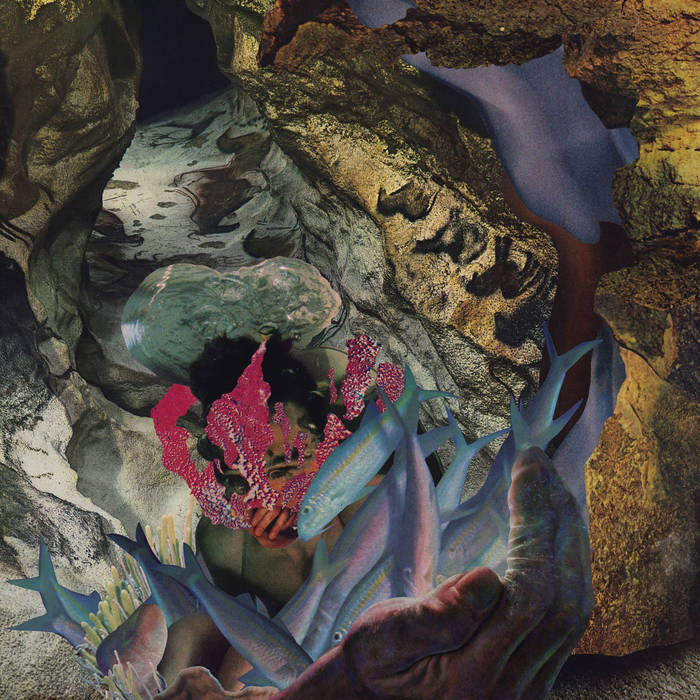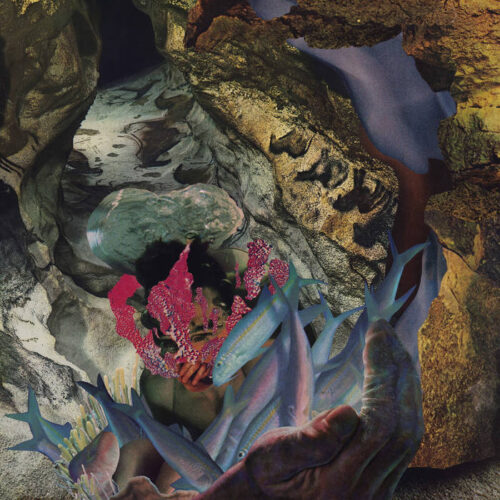Marta Forsberg’s new record Archaeology of Intimacy is something of a surprise. Things are kept short and simple, and sometimes ever so slightly sharp. Forsberg’s languorous, quietly investigative style is now attuned to a trickier yet still seductive line of attack.
The listener’s relationship with Archaeology of Intimacy soon becomes very clear: we are here to be still, and actively listen to these quiet but often surprising songs. This injunction is not a bad thing – a lot of what makes this album so moreish is only revealed with patience and attention. Archaeology of Intimacy is not demanding your opinion. But neither should it be consumed piecemeal or in passing.
The opening two tracks are there to call us to order. ‘Subharmonics’ is a short instrumental number composed of a series of slightly dissonant and sometimes spacey electronic tones, soft humming, and some gentle tapping noises with what could be a stick. Second track ‘Flowers’ has a simple, rising melody line, doleful electronic prods in a mid register and a flighty, skittery noise that tapers away into the ether. The first lyric we hear is an arresting one, probably there to make us fully aware of our role. “Now that you can hear, your ears transformed to trees” acts as a gateway line: an order to our senses to branch out and connect.
This mix of simple melody and sparse, though judiciously chosen instrumentation ornaments one of the album’s standout tracks, ‘Salad Bowl’. The catchy melody line is initially very reminiscent of Pink Floyd’s ‘Chapter 24’. Alongside this, the soft synth noises plod along very pleasingly. Somehow Forsberg manages to conjure up a magical world in miniature around a kitchen object that could be seen as the least deserving of all to have a song dedicated to it. The beautiful album single, ‘Słowa (Not Saying a Word)’ continues in a similar vein, though here the vocal harmonies are more pronounced.
The last three tracks introduce the poet Agnes Schneidewind and singer Olivia Bender on ‘For the Night’, and opera singer Rupert Enticknap on ‘Spider Sister’ and ‘Dreamers’. Each of these numbers shows a greater sense of emotional tension but maybe less of the charming forensics found on the likes of ‘Salad Bowl’ and ‘Słowa’. Nonetheless they combine to form a very powerful ending. ‘Spider Sister’ has a noticeably edgy quality, reinforced by the intermittent voice note sample and moody, shimmering synths playing off against Enticknap’s clear countertenor. In ‘For the Night’, Schneidewind’s reading underlies vocals that act as choral counterpoints. An increasingly powerful electronic throb provides both the sonic backcloth and denouement. Last track ‘Dreamers’ is a beautiful, Coil-like elegy that seems to float in midair courtesy of Enticknap’s voice.
So, a quiet record, all told, but not a cloistered one. Archaeology of Intimacy is actually a very portable album: very suitable for watching the countryside fly by whilst sitting on a train, or feeling the rhythm of the land whilst out walking, or just lounging around staring into space. Ensure you have a view.



